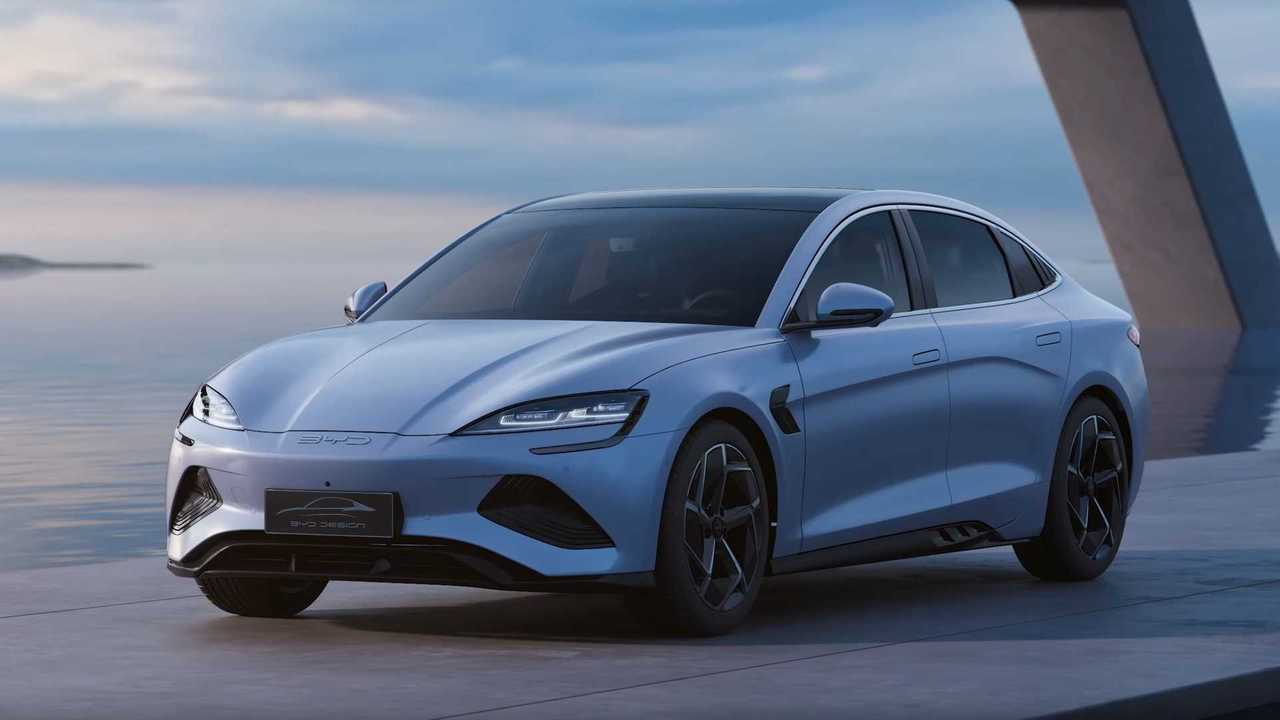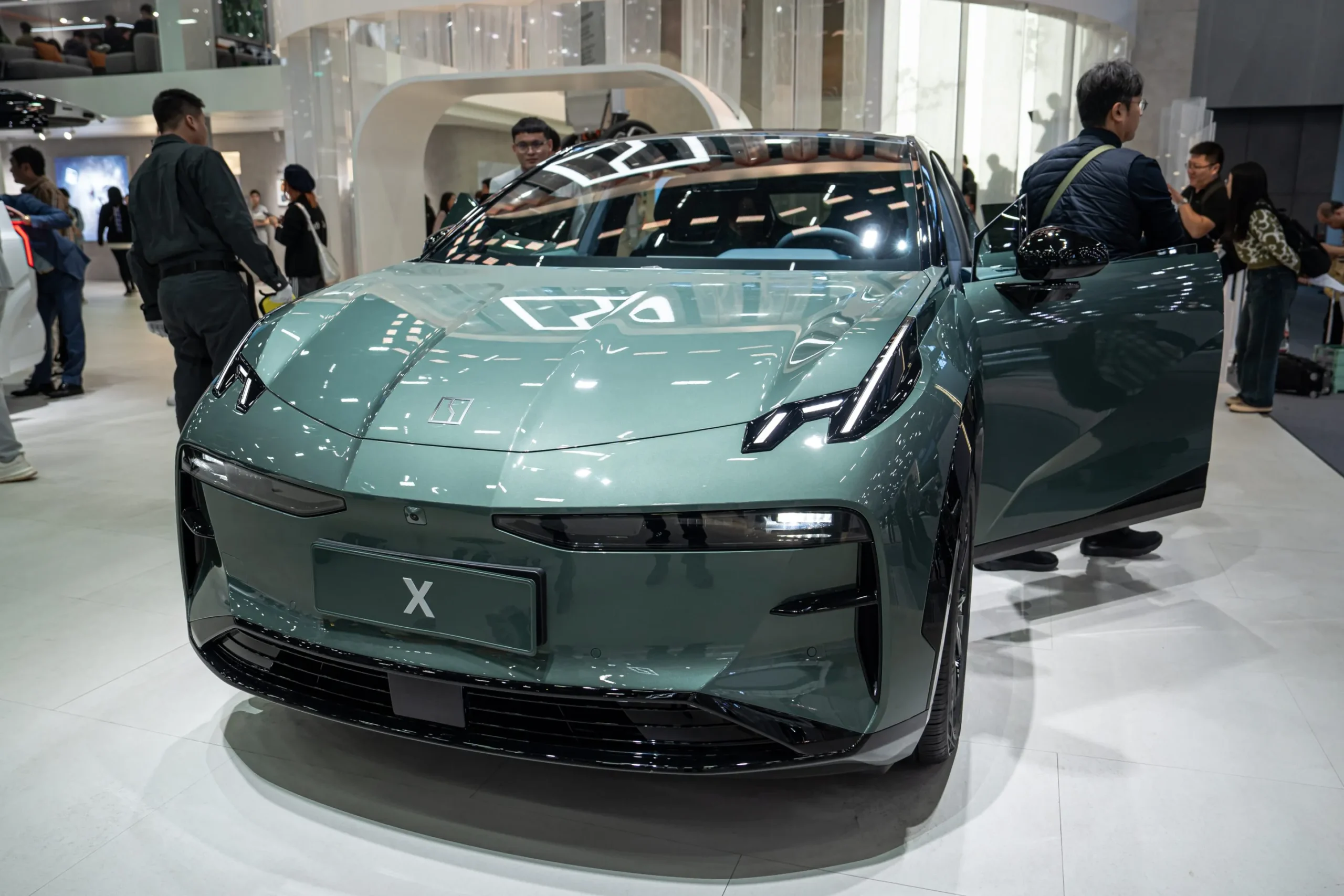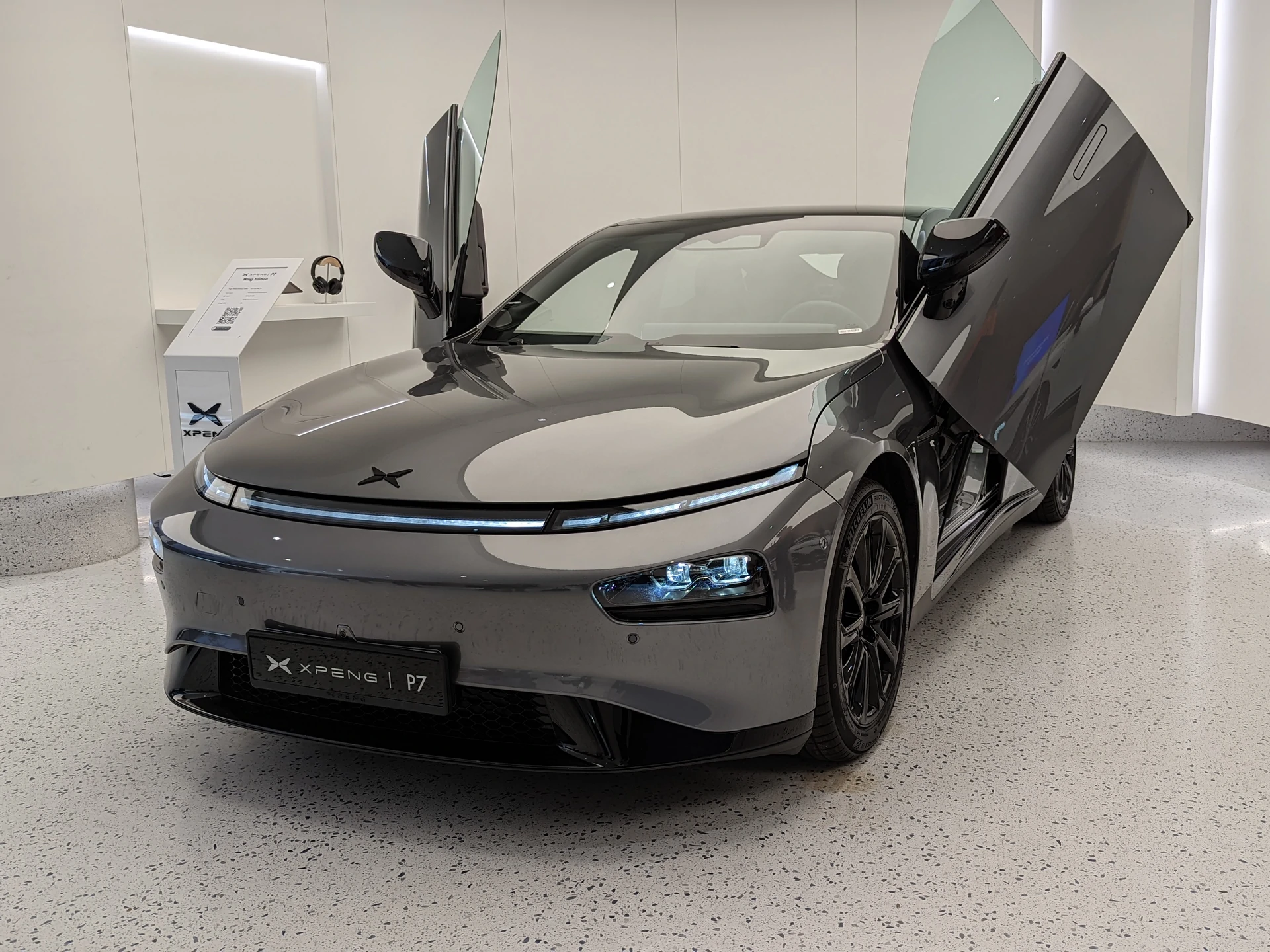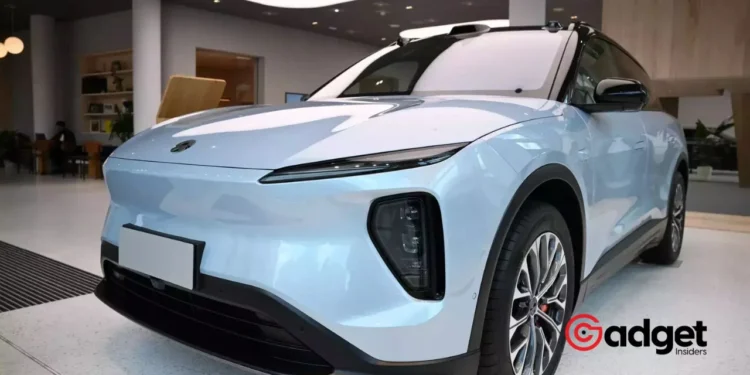In a significant move that echoes the deepening trade tensions between the United States and China, President Joe Biden has been confronted with calls to ban Chinese-made electric vehicles (EVs). This comes amid concerns voiced by top lawmakers and policy experts that such imports could undermine the American automotive industry and potentially compromise national security.
Senator Sherrod Brown, chair of the Senate Banking Committee, starkly labeled Chinese electric vehicles as an “existential threat to the American auto industry.”
His assertion underscores the gravity of the issue as the U.S. grapples with the strategic implications of a burgeoning Chinese auto sector that is rapidly advancing in the global EV market.

A Strategic Challenge to US Automotive Dominance
The White House, in February, announced the initiation of an investigation to assess whether Chinese cars represent a national security risk.
This inquiry aligns with broader apprehensions about technology transfer and data privacy, with Chinese EVs equipped with internet connectivity being capable of collecting vast amounts of data on U.S. roads. The potential for these vehicles to interact with and even disrupt critical infrastructure has not gone unnoticed.
Biden urged to ban China-made electric vehicles from the US https://t.co/Z22T22JhQk
— BBC News (World) (@BBCWorld) April 12, 2024
“Chinese policies could flood our market with its vehicles, posing risks to our national security,” President Joe Biden observed, stressing the role that his administration plays in ensuring that Chinese technological and commercial dominance is not allowed to continue unchecked.
As a temporary defense mechanism against an influx of imports, the tariff barrier that is now in place, which is currently set at 27.5% on Chinese automobiles, serves another purpose.
However, the tension is not limited to trade alone. On his recent trip to China, U.S. Treasury Secretary Janet Yellen issued a stark warning against repeating the “China shock” scenario of the early 2000s, where unchecked Chinese imports had a disruptive impact on U.S. industries.

Joe Biden: Reaction from China and the Global Impact
In response, China has expressed significant concerns through its vice finance minister, Liao Min, who noted that U.S. restrictions could severely affect the bilateral trade environment.
He defended China’s competitive stance by citing its “large-scale market, complete industrial system, and abundant human resources” as foundational strengths that drive its industrial and economic policies.
Amid these governmental exchanges, the U.S. aviation industry has also voiced its unease. Major American airlines have urged the Joe Biden administration to halt the approval of new flights between the U.S. and China, arguing that China’s “damaging anti-competitive policies” severely disadvantage U.S. carriers.

The Bigger Picture: A Trade War Continues
The ongoing disputes are part of a larger narrative of the trade war initiated under the Trump administration, which saw the imposition of significant tariffs on hundreds of billions worth of Chinese goods—a policy largely maintained by the Joe Biden administration.
Despite a reduction in trade volume, with U.S. imports from China dropping by over 20% last year, the fundamental issues of market access and fair competition remain unresolved.
As the debate over Chinese-made electric vehicles intensifies, it reflects broader concerns about global trade practices, technological sovereignty, and the future of the automotive industry in a time of rapid technological change.
With both nations standing their ground, the outcome of this trade dispute will likely have profound implications not only for the auto industry but for U.S.-China relations at large.









